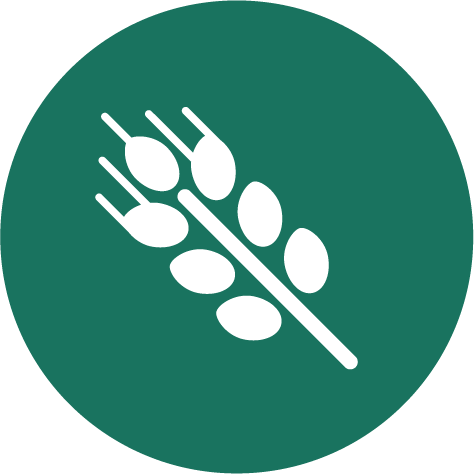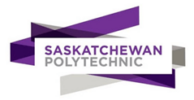 Agriculture & Agri-Food
Agriculture & Agri-Food Online at your own pace
Online at your own pace Fall Term
Fall Term Winter Term
Winter Term Less than $500
Less than $500 English
English
In precision farming, the benefits of adopting farming practices guided by real-time data are made possible using the Internet of Things (IoT). This micro-credential will assist agricultural workers in exploring how devices and agricultural applications can capture data that supports good farming practices.
The ideal learner will be looking to adopt sustainable farming practices using data and already be employed in the farming industry, either as an employee or owner. It is expected that the learner will have at least basic digital skills. The learners will complete the modules at their own pace. Therefore, this microcredential has been developed fully online.
Prior Learning
Learning Outcomes
Assessment
Precision farming practices using the latest techniques and technologies address various aspects of carbon footprint and clean technologies. For example, using data of field conditions and states of weed growth, latest sprayer technology can target spray weeds without carpet-spraying the entire field. An understanding of how smart equipment can assist with the reduction of greenhouse gases, not only regarding fertilizer application but also pesticide use and seeding practices, is vital:
Innovative solutions, including clean technologies, are required to reduce emissions from agriculture. Promising new technologies are being developed to reduce emissions from livestock and crop production, including from the use of precision farming and “smart” fertilizers, which time the release to match plant needs, and from feed innovations that reduce methane production in cattle. Actions pertaining to the agriculture sector will be developed collaboratively through Canada’s
 Fall Term
Fall Term Winter Term
Winter Term